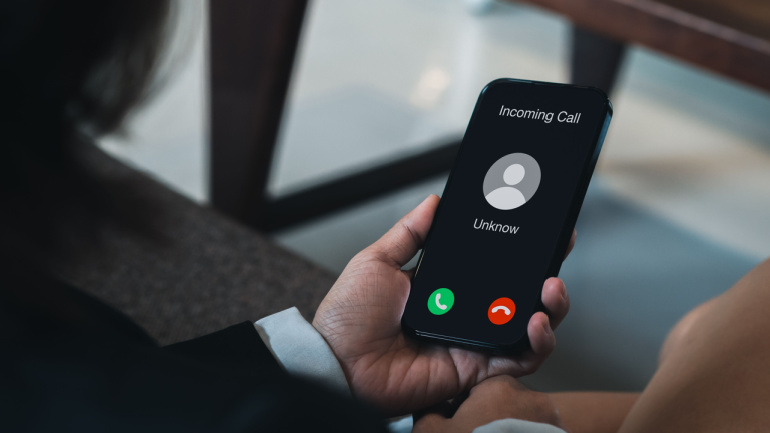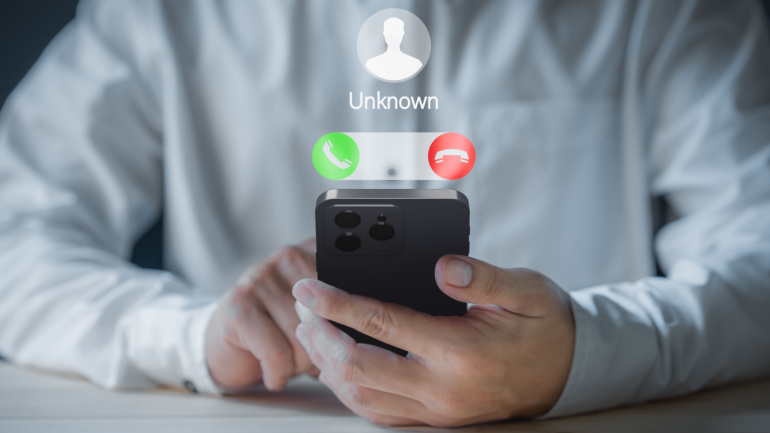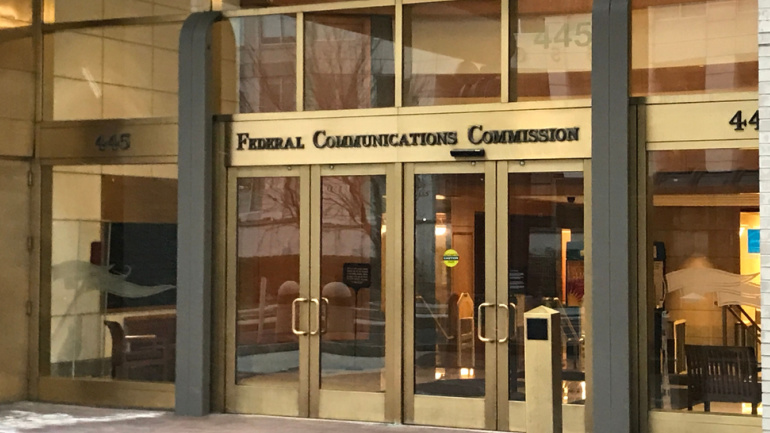In a groundbreaking move against the scourge of robocallers, the Federal Communications Commission (FCC) has announced a historic forfeiture of $300 million, showcasing their unwavering commitment to tackling the issue head-on. However, the question of when this record penalty will actually be paid remains an uncertainty.
In a collective effort to combat the rampant issue of scam calls, the Federal Trade Commission (FTC) joined forces with the Federal Communications Commission (FCC), state attorneys general, and various state and federal agencies to announce “Operation Stop Scam Calls” on July 18. This initiative brought together 102 participants, resulting in a total of 180 enforcement actions taken at the state and federal levels.
The Biden administration is set to launch a groundbreaking initiative today, introducing a new cybersecurity label for smart devices that aims to bolster security standards and protect consumers from potential threats. Federal Communications Commission (FCC) Chair Jessica Rosenworcel revealed the label, called the US Cyber Trust Mark, during a press briefing. The Cyber Trust Mark will signify that devices bearing it meet stringent security criteria based on the National Institute of Standards and Technology (NIST) report.
The Federal Communications Commission (FCC) has announced the introduction of a new set of rules aimed at protecting consumers from scams that attempt to take control of their cell phone accounts. FCC Chair Jessica Rosenworcel stated that these rules will ensure individuals maintain their freedom to choose their preferred device and provider while safeguarding them against fraudulent activities.
Unveiling the $42.5 billion Broadband Equity, Access and Deployment (BEAD) funds allocation, the Biden-Harris administration aims to bridge the digital divide. While each state proposes spending plans, concerns over potential delays in broadband deployment due to the Build America, Buy America Act emerge.
The FCC’s recent proposal for shared access of the 42 GHz band could revolutionize the telecom industry by introducing new service providers and business models. With mixed reactions, the proposed sharing mechanism aims to prevent interference and encourage competition, potentially attracting companies like Amazon to the mmWave spectrum.
President Biden nominates experienced telco lawyer Anna Gomez for FCC Commissioner, promising a fresh start for modern communication and bridging the digital divide, after a prolonged appointment process.
Orange to cut down energy use by deploying 5G Orange claims to be on a mission to alleviate strain on Europe’s energy networks. The corporation asserts that it can save energy and is doing this by introducing the latest generation of technology, in particular 5G. All of this effort is being applied in order for the company to achieve net-zero carbon emissions by 2040. Deploying 5G is cited as a crucial component of this undertaking. Read more at: https://tinyurl.com/4zmnpfce FCC bans all Huawei and ZTE equipment The sale and import of equipment produced by Chinese manufacturers Huawei and ZTE has been banned by the US Federal Communications Commission (FCC). Dahua Technology and Hangzhou Hikvision Digital Technology, as well as radio equipment producer Hytera Communications Corp., are also banned. According to the FCC, these suppliers pose a threat to national security in the United States, and their technology may potentially be…
According to the Federal Communications Commission, callers must receive the recipient’s permission before leaving “ringless voicemails.” The Federal Communications Commission (FCC) has unanimously concluded that these quiet voicemails are subject to the same Telephone Consumer Protection Act (TCPA) provisions that prohibit robocalls without authorization. Each year, the FCC receives numerous consumer complaints about ringless voicemail. As a result, the Commission has made it clear that robocalls, including ringless voicemail, are unlawful if they are made without the recipient’s prior affirmative consent. This decision took effect on the same day that it was made public, November 21, 2022. Any non-emergency call made to a wireless telephone number utilizing an automatic telephone dialing system or an artificial or prerecorded voice is now forbidden under the Telephone Consumer Protection Act, which safeguards customers against unwanted robocalls. This decision comes five years after All About the Message, LLC (AATM) petitioned the…













